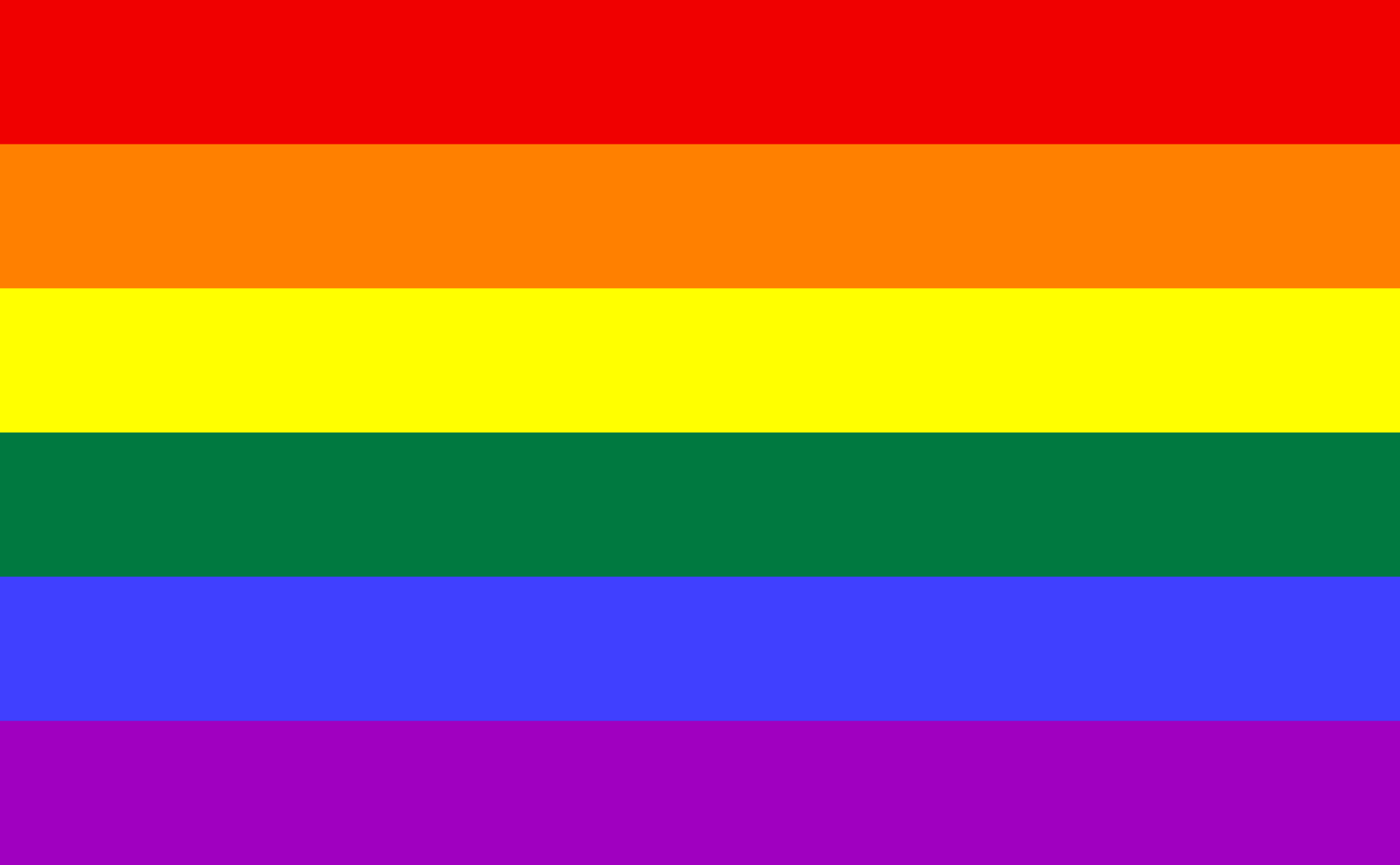
Comment Writer Sarah Cayless discusses the significance of the rainbow flag for members of the LGBTQ+ community, arguing that using the symbol for other things can lead to gay erasure
This week on The Great British Bake Off Paul Hollywood set rainbow bagels as the technical challenge. When discussing his choice, he said ‘I think the rainbow colours for me, although it originated over in the States, I think it represents the NHS.’ I believe that many viewers will have agreed with Hollywood’s comment.
Rainbows have been used throughout the pandemic as a symbol of hope and gratitude for the NHS. Rainbow displays have added colour to our darkest days and have helped to create a sense of camaraderie when we needed it most. This, however, has not come without its side-effects. As demonstrated by Paul Hollywood’s comments, the use of the rainbow to represent the NHS has overtaken its prior symbolism for gay pride in such a comprehensive way, that it is hard to imagine the pride flag ever holding the same weight again.
I am not claiming that gay people invented the rainbow. Rain and sunshine predate the existence of human beings. However, the symbol of LGBTQ+ pride has been the rainbow flag since 1978. I do not think there is anything intrinsically wrong with the rainbow being used throughout this pandemic, however, it appears as if we have all suffered from collective amnesia. Or worse still, are willfully erasing its position as the symbol for pride.
Sadly, I feel this feeds into the narrative of people questioning why pride is needed and the idea that gay people already have equality, and so creating LBGTQ+ only events simply serves to create more divisions. I agree that the ideal future would be one in which people do not need labels. A world in which we no longer make copious assumptions about each other, and in which we are free to live a life that is authentic to ourselves, rather than constrained and diminished by societal pressure. However, we are not there yet, and you cannot leapfrog crucial steps in the process of progress. We cannot eradicate pride until we have eradicated shame.
We cannot eradicate pride until we have eradicated shame
The rainbow should not stop being the symbol for gay pride unless it has an adequate replacement. It is too essential, both for those who are part of the LGBTQ+ community, and anyone else who is an ally. Many people know that the pride symbol can be a crucial indicator of whether a public place is a safe area to be openly out in or not. Easier to forget, though, are its array of subtler uses. Last Easter I came out as gay to my extended family. The next time my uncle, aunt, and family came round, they brought with them a cheesecake, one which they had made a rainbow out of sweets. It was the perfect gesture. They are not ones for being overtly affectionate, but the symbol allowed them to show their love and support without the need for words. It is in moments such as these, that the pride symbol is invaluable. So much can be conveyed through its simplicity.
The rainbow displays seen everywhere this summer have been a lovely way for people to show their appreciation and support for those who provide us with essential healthcare. However, this does not need to be a zero-sum game, and pretending that the rainbow represents the NHS, to the exclusion of everything else, is damaging. Doing so also treats the NHS and the LGBTQ+ community as two separate entities. Heaven forbid we remember you can be gay and a medic.
Pretending that the rainbow represents the NHS, to the exclusion of everything else, is damaging
With June’s annual pride parades cancelled due to lockdown restrictions, and many young LGBTQ+ people in uncomfortable or dangerous situations whilst stuck at home with homophobic family members, the need for a sense of pride is all the more essential. I have never been one to wear pride flags, or even attend pride marches. Despite this, whenever I saw the pride symbol, it felt like a demonstration of the acceptance, internal and external, that I hoped would one day fill my life. It is easy to trample on something when it does not affect you personally. However, for many of us all over the world, the rainbow flag has become an integral part of our identity. Feeling proud is a courageous act of defiance in the face of a world which, unfortunately, in many ways, still tells us to be ashamed.
Lastly, let us not forget that our love for the NHS and all of its workers is best shown through the way we vote and the taxes they pay, whereas acceptance and inclusivity are largely a matter of heart and mind.
_____________________________________________________________________________________________________________________________________
Like this story? See below for more from Comment:
Trans Rights Under Fire: Is Progress a Threat to Boris Johnson and Donald Trump
Internal Isolation: Why More Needs to be Done for LGBTQ+ Mental Health
Comments